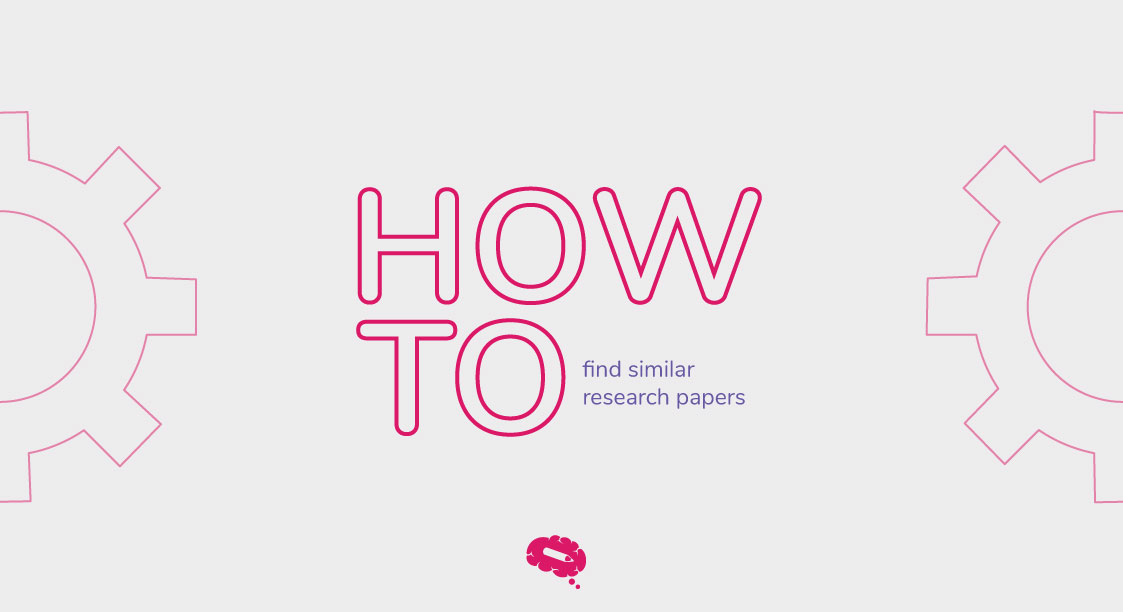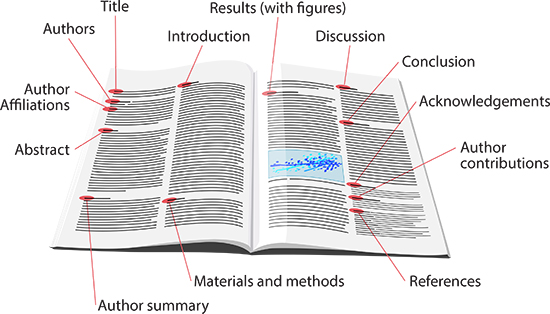Finding similar articles isn’t a cakewalk, but if you know the tactics and have a little patience, it isn’t difficult either. There are several ways to find similar papers in research.
From googling the keywords and title to searching for the author, you can adopt different practices to identify similar articles. Read along the article to identify how to find similar research papers to carry out your research efficiently.
How to Find Similar Research Papers
To perform research, the researcher needs to know about the topic and has to go with a literature review. Here comes the prominence of similar research papers that help the researcher to get accurate information within a little time frame.
Scientific journals, magazines, newspapers, books, and interviews are some of the platforms where you can find similar research. You can even search in academic search engines like Google Scholar, Science Direct and Pubmed (specific for life sciences), IEEE (Electronics, Electrical Engineering, computer science), and Agricola for Agriculture to identify the research articles.
Here are some best practices you can follow to identify relevant research papers.
- Refine your keywords to get accurate results.
- View the links to similar resources and related articles.
- Identify relevant keyword ideas by using synonyms or picking up some keywords from within the article and do a google search on these words.
- Look out for abstracts and indexes to get ideas about similar articles.
- Find the article in the index and read the description. Now search this relevant information and you would get a similar article.
- Look for the bibliography. It’s a great way to find similar articles as it references the articles the author has viewed to do his research.
- Look into the subject-matter databases to find out the topics and similar content you are looking for.
- You can also look into the work of similar authors or co-authors and you might get some information through their other papers as well.
Can There Be Two Research Papers on the Same Topic?
You can find numerous research papers that are similar and it is absolutely ethical to publish such papers. So obviously, there could be two or more research papers on the same topic.
Choosing similar research topics will make the research process quick and also help in the advancement of science when the researchers identify the gap from the previous research and work on that.
However, if you are a researcher, you need to make sure not to replicate the same data and work on finding the appropriate research problem and focus on that.
How to Search More Precisely on Google?
Google has a multitude of articles to pop up in the search results once you write any keyword on the search bar. But these results might not be the ones you are searching for.
To get the appropriate results from your google search, you need to know the art of searching. Here are a few tips you need to follow to search on Google and get relevant results.
1. Use private browsing mode
Google’s private browsing mode curates the data by focusing only on your main keywords and eliminating other factors like browsing history, miscellaneous data from other google services, etc.
Here are the shortcuts you need to use to switch to private browsing:
Chrome: CTRL + SHIFT + N or Main menu > New incognito window
Internet Explorer: CTRL + SHIFT + P or InPrivate Browsing
Firefox: CTRL + SHIFT + P or Tools > Start private browsing
2. Add * symbol between your keywords
Adding an asterisk (*) between two words in your keyword helps you to search for relevant topics that might fit in those words.
Example: If you are searching for “sustainable agriculture”, typing “sustainable* agriculture” will retrieve similar results as “sustainable practices in agriculture; sustainable food and agriculture; sustainable goals in agriculture”.
3. Change the default country settings in Google
Google customizes the search results based on the country you are looking from. So you need to change this setting for the precise results.
Example: If you are searching from Google.in, the search engine is customized for the Indian location and your results will more appropriately be relevant to India. So you can use the browser Google.uk (Britain) or Google.fr (France), etc.
Moreover, if you are looking for the best alternative, you can go to Google.com. This gives worldwide results.
4. Enable advanced search results in Google
You can customize your search engine to show the desired results by enabling the advanced settings that help you select the location, time period, the form of research, etc. You can further apply filters to scan and shortlist the information according to the topic.
5. Changing the sequence or repetition of keywords
If you fail to get relevant results, you can either repeat the terms or can change the sequences of your keywords to watch the results.
Example: Repetition- “Urban farming” can be searched as “Urban farming farming” Changing Sequence- “benefits of vertical gardening” can be searched as “vertical gardening benefits”.
How to find papers faster using Litmaps
Litmaps is a free online literature discovery tool harnessing the citation network to discover connected papers for your research. Whether you input one paper or a collection, Litmaps swiftly recommends relevant works based on citations and references. Automating literature discovery means you don’t need to sift through references manually, as the Litmaps algorithm does this automatically. By using the citation network, Litmaps can find key papers that you may miss with traditional search methods.
Make scientifically accurate infographics in minutes
Mind the Graph is an exclusive tool for researchers that helps to simplify research with visually captivating infographics. Sign up for the tool and make your research process easy and exciting.

Subscribe to our newsletter
Exclusive high quality content about effective visual
communication in science.





